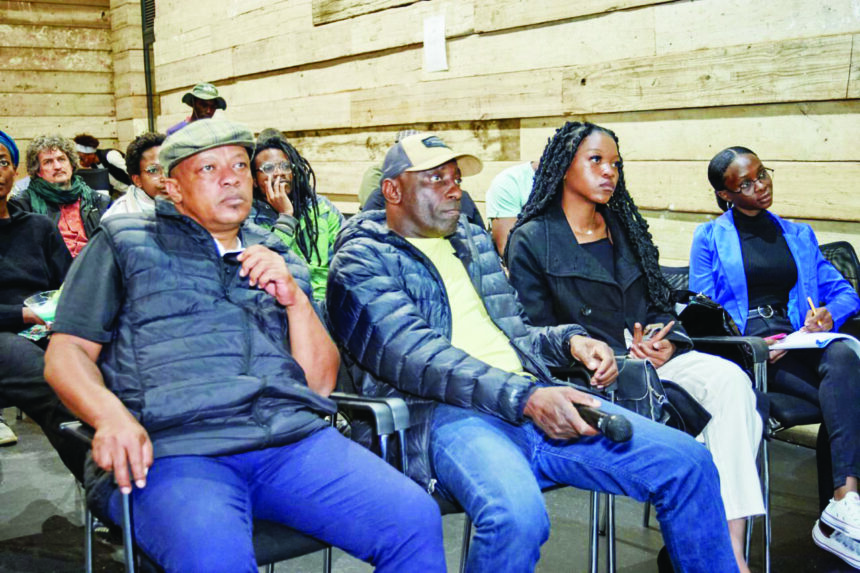Isai Sipunga
The Filmmakers Association of Namibia (FAN) has unveiled an innovative initiative to revive the local film industry and enhance its global presence.
The plan involves strategies including securing additional funding, engaging regional voices, advocating for stronger film policies, and improving governance.
Highlighting the significance of the changes to be implemented, FAN chairperson Byron Joseph said:
“Our vision is to nurture a thriving industry that leads in global trends, while honouring our rich legacy. We envision a community where Namibian films are globally recognised, resources are abundant, and there is robust legislation to support continuous growth,” he said.
The organisation is developing ways of gathering input from across Namibia, including diverse regional perspectives, without undertaking extensive travel.
Joseph said this approach is designed to improve engagement and ensure that diverse perspectives are considered in our decision-making processes.
“We are committed to pushing for comprehensive film policies to provide a formal framework for the industry’s growth,” he added.
The organisation plans to explore successful international models to support local production and attract international projects.
In terms of governance, FAN will review its constitution to ensure organisational stability.
“We are looking forward to moving beyond the reliance on individual leaders and establish consistent, robust systems for managing the organisation,” he said.
Regarding funding, FAN will continue depending on membership fees and government support, while seeking additional grants and adopting cost-saving measures.
Joseph also highlighted the organisation’s resourcefulness.
“We are making use of personal resources and shared space to maximise our limited resources while supporting industry growth,” he said.
FAN’s mission is to ensure all the initiatives have a lasting impact.
“We are here to set up a framework in which everyone, from filmmakers to crew members, can benefit. Ultimately, we aim to tell our own stories and make them significant on the global stage,” he said.
FAN’s plans have so far been received well by the industry.
Leon Mubiana, a lecturer at the College of the Arts, praised FAN’s inclusion of students in its plans, and emphasised the need for a strategic plan.
“Looking at the members who came by, they’re all individuals willing to put that push to support the board that has been selected, and some of the things that they are saying are to our benefit. I have learnt to integrate the next generation of filmmakers. I would say that’s a goal we need to stick to and keep in our sight. So, since the FAN board is willing to discuss this with us, especially with film institutions and students, it is a much-needed intervention,” he said.
Filmmaker Lavinia Kapewasha welcomed the revival of FAN and stressed the importance of community engagement and open dialogue.
“We applaud everyone for their initiative and hard work because this is a civic duty. We need to regularly consult community and FAN members. We need to start at grassroots level, that’s why it’s so important to have open conversations, to bring people together so we can air our views, our opinions, and our grievances because if we want to move, we have to move together,” she said.
-isipunga@nepc.com.na



